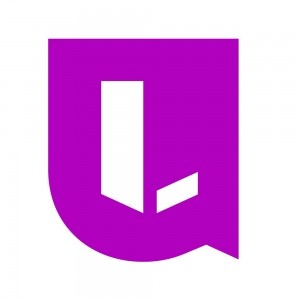Photos of university / #universitatvalencia
Advertisement
The Master will provide students with the necessary knowledge and skills to:
- Provide services in any chemical, biochemical, pharmaceutical laboratory or any other field related to the chemical industry, making them excellent candidates, able to implement any technique required to address the needs arising in laboratories for research or production.
- Be able to critically evaluate the applicability of different experimental techniques in a laboratory, having ample knowledge of both methodology and foundations of instrumentation. Students will acquire a wide vision of the scope of work to be found in an experimental chemical laboratory.
- Know how to use any current apparatus or equipment that will become available in the near future, affording job opportunities as an expert in experimental techniques.
- Access to Ph.D. studies in any field involving work in experimental laboratories, including Chemistry, Biochemistry, Biology, Pharmaceutical science or any other related area, as the Master provides students with a solid foundation for a future in academics and research in any public or private laboratory.
The modules comprising the Master are listed below.
The complementary ELECTIVE MODULE is not essential for the Master to be awarded and it is not necessary for PhD studies.
The Title of Master in "Experimental techniques in Chemistry" with "Professional mention" will be awarded with only the COMPULSORY MODULES (60 ECTS).
If a student courses the complementary ELECTIVE MODULE after the compulsory module, the Title obtained will be Master in "Experimental techniques in Chemistry" with "Professional and Research mentions".
COMPULSORY MODULES (60 ECTS):
I.-THEORETICAL PART EXPERIMENTAL TECHNIQUES IN CHEMISTRY: FOUNDATIONS AND METHODOLOGY. 15 ECTS
Foundation and methodologies of the main experimental techniques required in the professional life of chemists. State-of-the-art will be dealt with in the following topics: Data processing, Sample preparation, Atomic spectrometry, Flow analysis, Mass spectrometry, Chromatography and related techniques in clinical and pharmaceutical analyses, Environmental analyses, Analytical control in the chemical industry (quality, contamination, wastes), Electrochemical analyses, Sensors, Nuclear Magnetic Resonance, Crystalline solids, Surface studies, Biochemical analysis.
II AND III-EXPERIMENTAL TECHNIQUES LABORATORY. 27 ECTS
The methodologies studied in Section I will be applied in Experimental Laboratory practical sessions.
IV- CROSS COMPETENCES. 5 ECTS
Activities for competence recognition in related areas, such as languages, data processing, etc.
V.- MASTER DISSERTATION AND COMPANY TRAINING. 13 ECTS
Experimental laboratory work (7ECTS) will be performed, selecting one or more of the techniques studied. Students will write up the corresponding report and present it in public. Experimental laboratory training (6ECTS) will be carried out in the chemical industry, employing one or some of the experimental techniques studied. A subsequent report of the work will be written up.
VI.- ELECTIVE MODULE (30 ECTS):
It comprises a theoretical part (15 ECTS) dedicated to learning the methods and necessary techniques for research in chemistry; and, an experimental part (15 ECTS) involving the design and undertaking of a research work in experimental chemistry.
This complementary ELECTIVE MODULE is not essential for the Master to be awarded. If a student course this elective module after the compulsory module, the Title obtained will be Master in "Experimental techniques in Chemistry" with "Professional and Research mentions".










